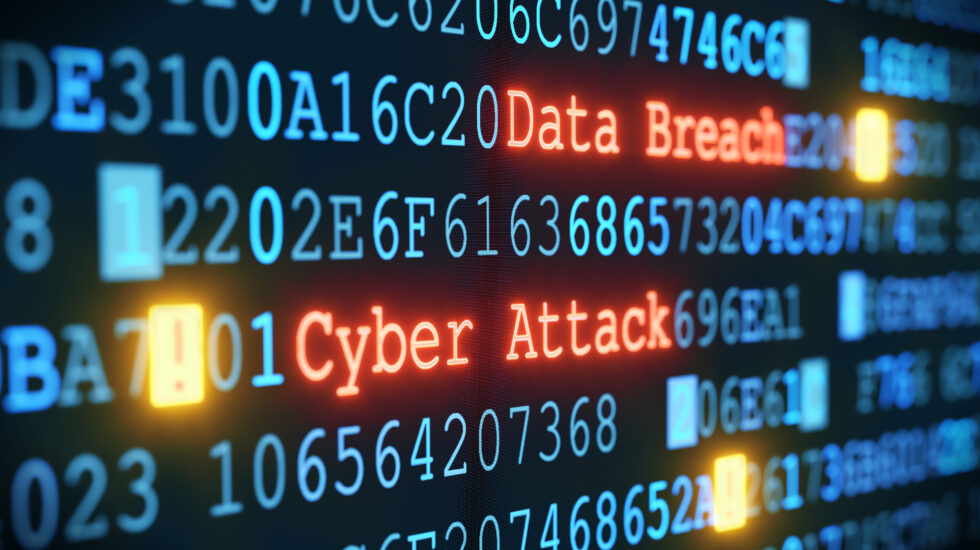Russian cybercriminals hacked the world’s largest beef producer last week, forcing the multi-national company, JBS, to pay an $11 million dollar ransom.
The attack temporarily disrupted operations at JBS’s U.S. plants, which provides approximately one-fifth of the nation’s meat supply. Pilgrim Pride’s, a JBS subsidiary and one of leading providers of chicken and poultry, was also impacted by the hack.
Fears arose that meat prices would skyrocket if the disruptions persisted. JBS eventually came back online by resorting to backup computer systems, but the company was still concerned about continued vulnerabilities.
“It was very painful to pay the criminals, but we did the right thing for our customers,” Andre Nogueira, the CEO of JBS’s U.S. division, told The Wall Street Journal. The criminals were paid in Bitcoin.
The FBI determined that the REvil, a Russia-based hacking group, was behind the attack. Last month, another Russian cybercriminal organization, DarkSide, infiltrated the computer systems of Colonial Pipeline, which caused disruptions to the nation’s gas supply. Colonial Pipeline eventually paid a $4.3 million dollar ransom, also in Bitcoin, but the Department of Justice was able to trace and recover $2.3 million.
According to Recorded Future, a Boston-based cybersecurity company, there were 65,000 ransomware attacks in the U.S. last year.
“This is just the beginning,” Holden Triplett, the founder of the cybersecurity consulting firm Trenchcoat Advisors, told NPR.
“And it’s going to get a lot worse,” he added.
The FBI discourages the victims of cyberattacks to pay ransoms, fearing that it encourages future hacks.
Several lawmakers – including Energy Secretary Jennifer Granholm – have expressed support for legislation that would make it illegal to pay ransoms.



